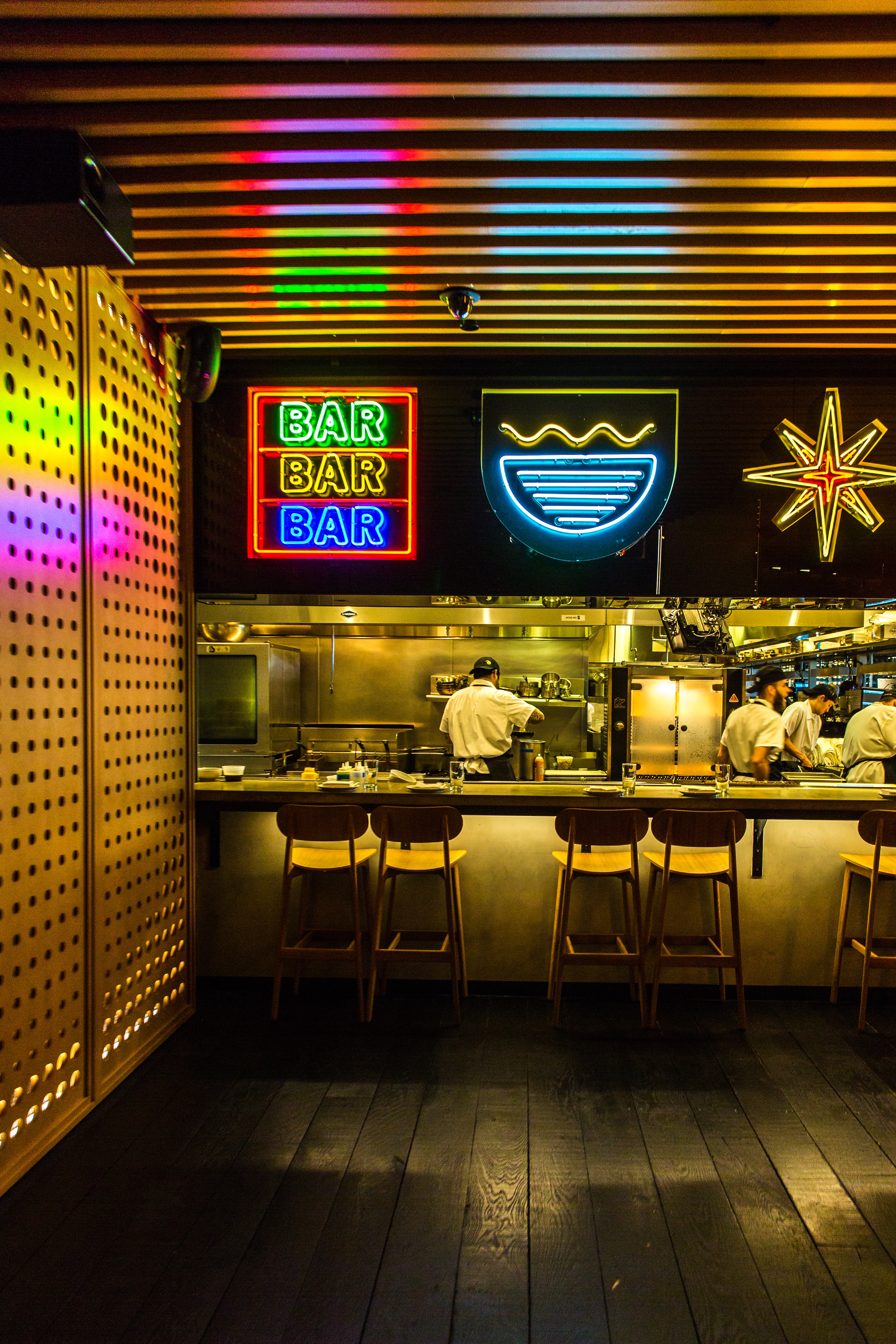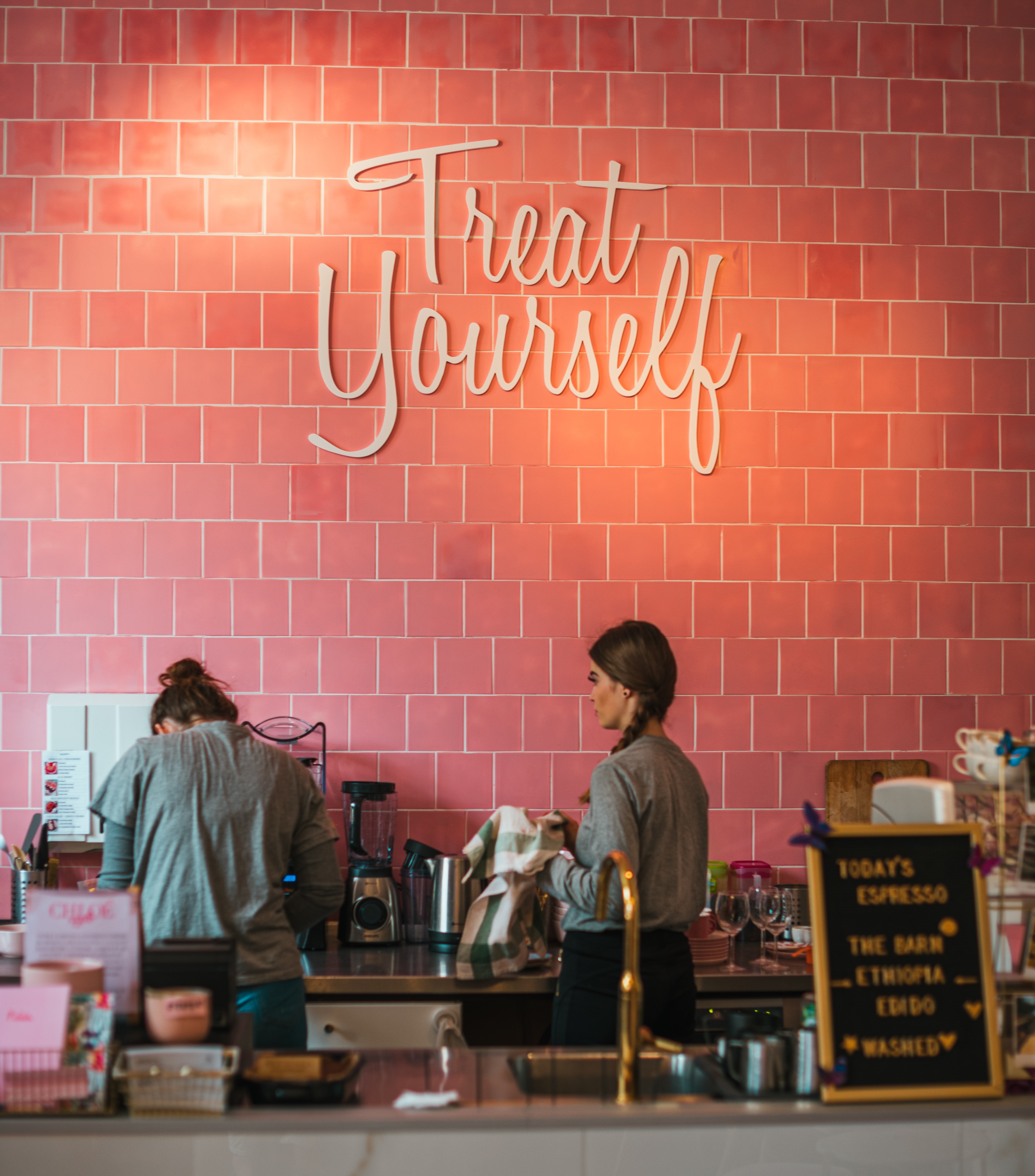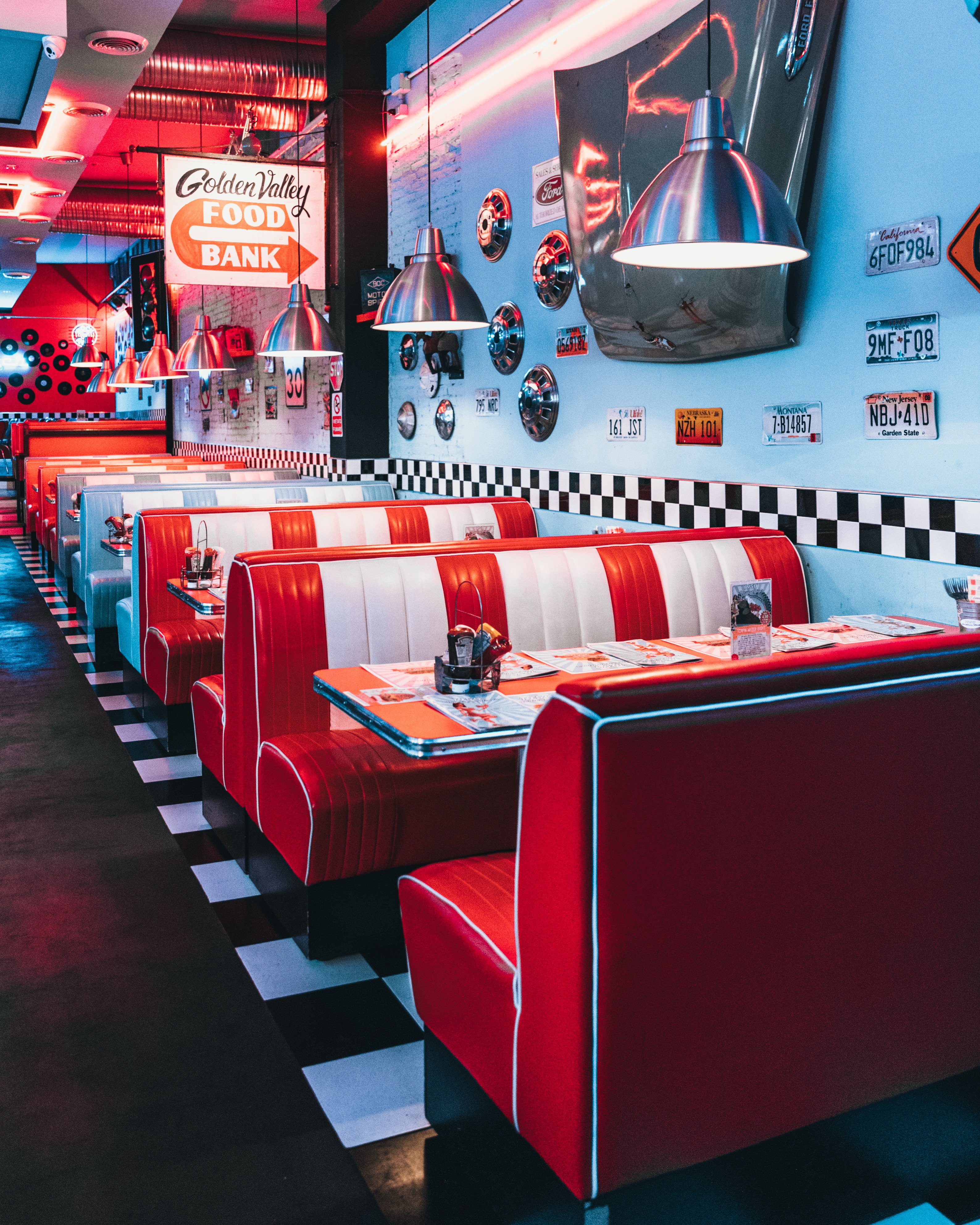Choosing the Strongest – and Most Protectable – Name for Your Restaurant
3 Min Read By Ali Smith
When opening your own restaurant, there are several big steps to get your business started — establishing a menu, building a customer base, and most importantly, choosing a name. This is an imperative step, which is why it's crucial to pay attention to what goes into a name, and what is needed to protect this name.
Ensuring your restaurant name is unique will help keep copycats from stealing your hard work. Competitors can also be copycats, posing a major risk to your business, and ultimately confusing customers. Take a look at what happened with Milk Bar in NYC — Jojo’s Milk Bar popped up in Chicago, infringing on the name and brand association that the original Milk Bar team worked so hard to build, ultimately leading to a pricey lawsuit. To avoid these kinds of issues and make this process a bit easier, I’m breaking down things you should consider when choosing your restaurant name.
Think About a Strong, Protectable Name
While your restaurant name should reflect your business and overall mission, it's important to choose something that is unique and a name you’ll also be able to protect. Take time to brainstorm options that are inherently unique and think a bit out of the box — don’t be afraid to even make up words as they make particularly strong marks.

Made up words are often automatically unique and distinct — think “Google” for example. Utilizing words that already exist may also increase your name’s uniqueness by applying them to something different than their inherent meaning, such as “Apple” for computers.
Avoid Generic Words
Generic words are the weakest and cannot truly qualify as marks in the legal sense as they are never registrable or enforceable against third parties. Generic words are the common, everyday name for things that everyone is entitled to use to refer to their products or services. The fact that there may be more than one generic name or term for a particular product or service does not mean that the term you want to register is not generic. Generic words define the products or services being provided, but not the source. “Bicycle” for bicycles or retail bicycle stores and “Milk” for a dairy-based beverage are examples of generic marks.

Shy Away from Surnames and Locations
If possible, you’ll also want to avoid choosing a mark that include surnames since these are often shared by others.Though your restaurant may be a family business and may value keeping this name, it opens your business to the risk of others having a similar name. It is also important to avoid geographically descriptive words, even if your restaurant is located in a tourist-heavy area.
You’ve Picked a Name – Now What?
Now that you’ve chosen a name, the first step to officially protecting it is registering for a trademark with the U.S. Patent and Trademark Office [USPTO]. This ensures that you are the legal owner of this name nationwide with respect to your area of business. Once you’ve submitted your trademark registration application, the USPTO has accepted it, and no one has raised an opposition, your registration will be confirmed.

The next equally important step is to monitor your mark for infringement so you can maintain your rights. Restaurant owners must monitor their mark and check that others do not attempt to register for a similar, or exact same name. If you find someone attempting to register a similar mark with the US Patent and Trademark Office, you only have 30 days to raise an opposition. Ensure that you are the only restaurant with your name by consistently monitoring the USPTO database.
Naming your restaurant and protecting this name are vital to building a brand and customer base. Following these guidelines will help to ensure that your name is unique, helping to avoid copycats as you register for and monitor your mark.


